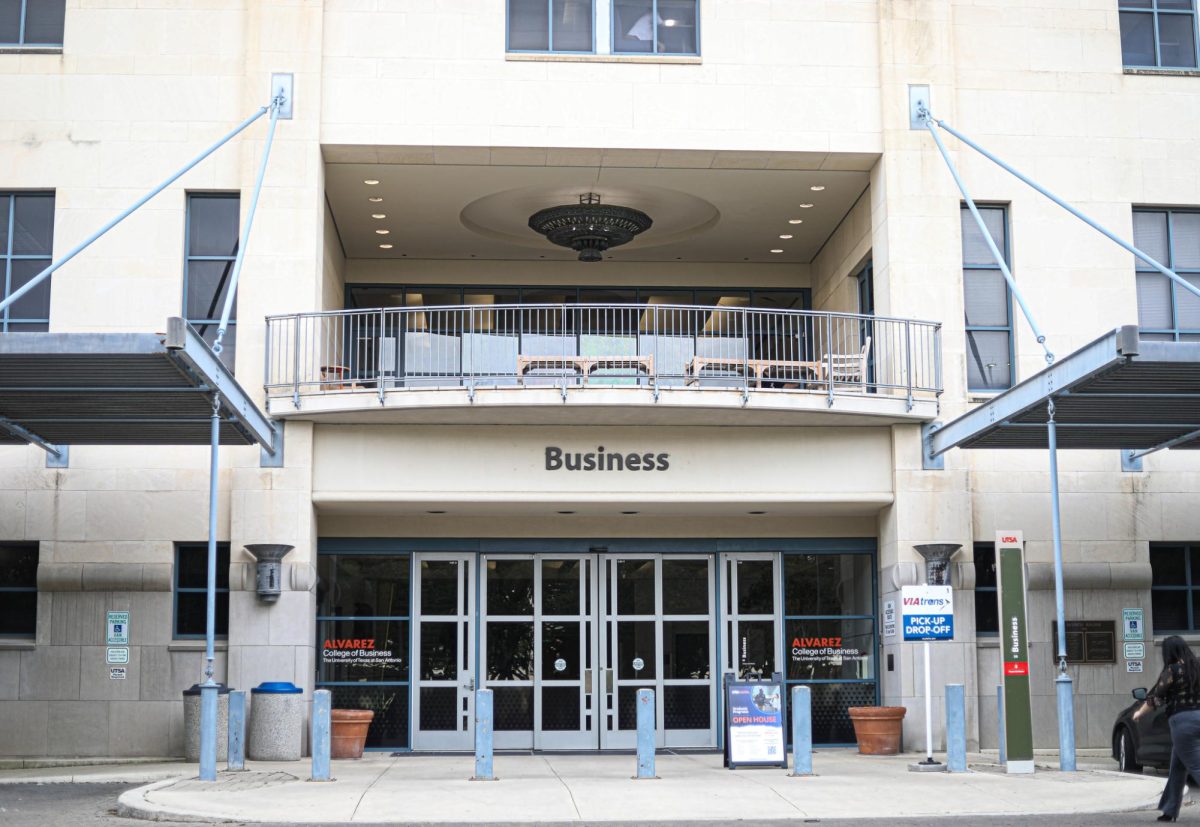Two bills have been proposed in the Texas Legislature that, if passed, would severely restrict abortion access for Texas women.
The first, SB 537, “would require all abortion clinics in Texas to meet the same physical requirements as ambulatory surgical centers, even if they do not perform surgical abortions,” according to the Huffington Post. This would mean that abortion facilities would have to meet new standards, such as expanding their clinic rooms to larger sizes and installing pipelines for general anesthesia even if the clinic did not use them.
The second, HB 2816, would require all abortion clinics to get admitting privileges from a local hospital within a 30 mile radius, according to KUT News Austin. Currently, admitting privileges include the right of a clinic to admit a patient immediately to a hospital if a procedure were to go wrong.
Of the current 42 abortion clinics in Texas, the two bills would effectively close or severely affect 37 of them. According to the Texas Tribune, “37 abortion clinics in Texas would not be in compliance under the new regulations.” The bills would largely affect women in rural areas, as the five clinics that would not be affected would be in major metropolitan cities: Dallas, Houston, Austin and San Antonio.
The bills have been criticized by pro-choice groups as being purposely created to cause the closing of Texas abortion clinics.
“Proponents of this bill are not really concerned about women’s health,” Carla Holeva, CEO of Planned Parenthood of West Texas, said in a statement. “This bill places numerous requirements on health centers, requirements that do nothing to improve the health or safety of women.”
Supporters, on the other hand, claim the bills are necessary to protect women’s health. “When we talk about safety, we find that abortion clinics are not up to par,” Texas Right to Life Director Elizabeth Graham said to KUT. “They don’t have hallways, many of them, that are wide enough for gurneys to fit through. So when there is a botched abortion or an abortion complication, the abortion clinics are ill-equipped to respond to an emergency situation.”
Another bill, titled the “Preborn Pain Act,” has been proposed as well, which would allow abortions only up to the 20th week of pregnancy, as opposed to the present rule of up to the 27th week of pregnancy. Currently, though, no progress has been made on this bill.
More than 72,000 abortions are performed annually in Texas. No deaths from complications related to abortion have been reported to the state since 2001, according to The Texas Tribune.











